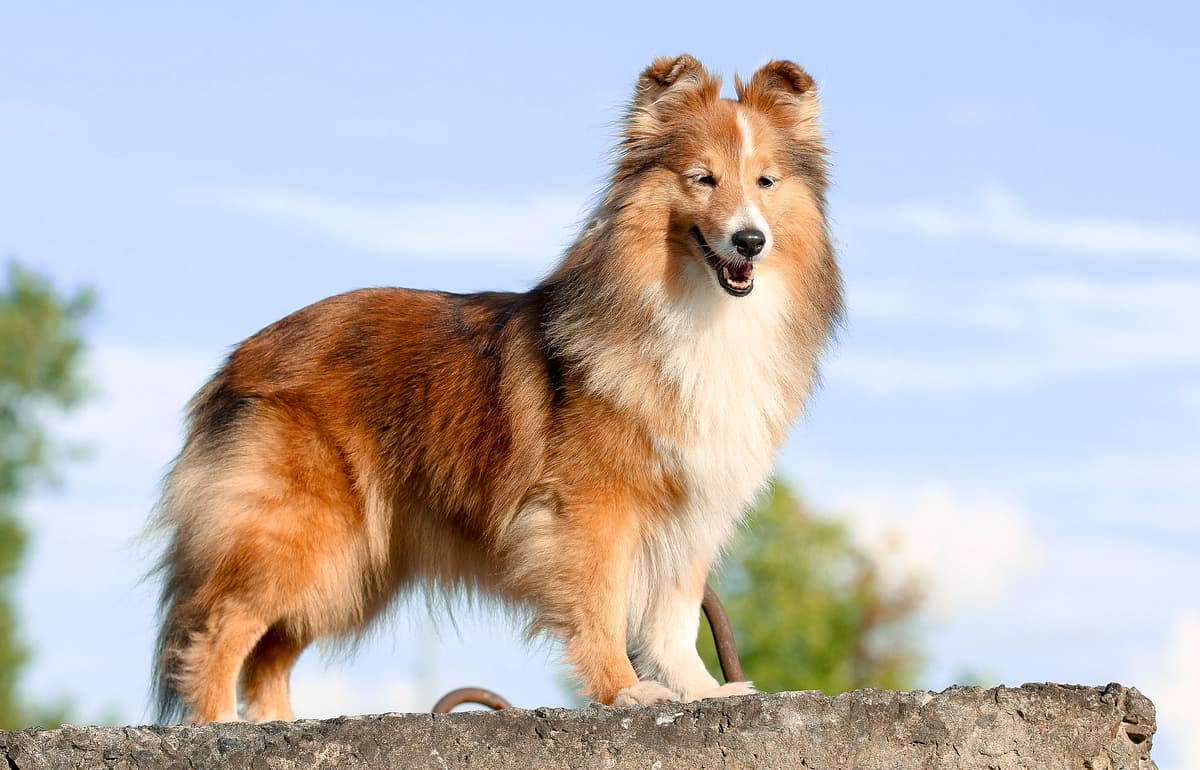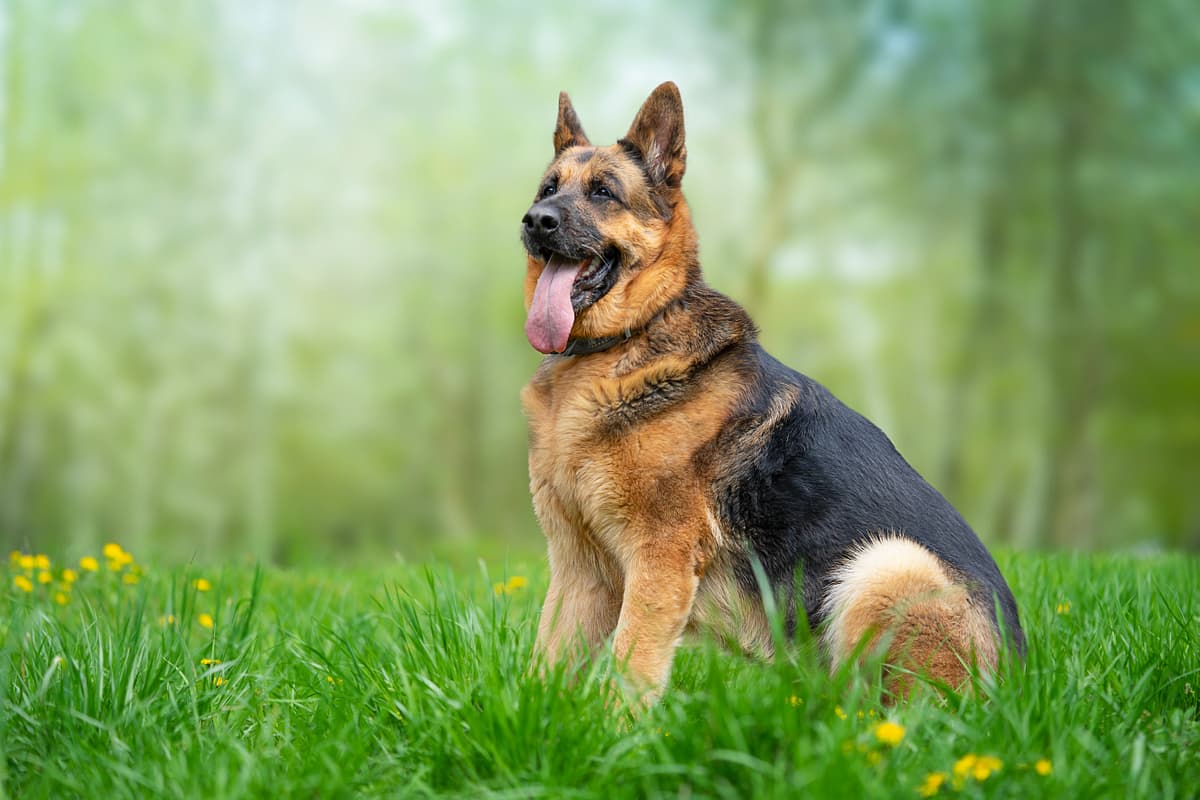Sheltie vs German Shepherd
Discover the differences between Sheltie and German Shepherd to make the best choice for your situation.
Try different breeds

Sheltie
Energetic, intelligent, and loyal, this breed thrives on companionship and mental stimulation. Agile and responsive, it excels in dog sports and makes a loving family friend.

German Shepherd
Confident, loyal, and highly intelligent, this breed thrives as both a devoted family companion and a reliable working partner. Always alert and eager to learn, it adapts to many roles with ease.
Quick comparison
Medium
9–11 kg
Double coat, dense undercoat
12–14 years
8–10 kg
High energy
Large
30–40 kg
Double coat, dense undercoat
9–13 years
22–32 kg
High energy
Personality & behavior
Compare the personality traits and behavioral characteristics of both breeds.
Sheltie
Affectionate with family, reserved with strangers
Learns commands and tasks quickly and easily
Needs regular activity and mental stimulation
Enjoys games and interactive activities daily
May struggle with changes or new environments
German Shepherd
Warm with family, reserved with strangers
Quick learner, highly trainable and alert
Needs regular activity and vigorous exercise
Enjoys games, interactive and engaging
Adjusts well to new situations and environments
Care needs
Exercise, grooming, and daily care requirements
Sheltie
Collie eye anomaly, hypothyroidism
German Shepherd
Hip dysplasia, elbow dysplasia
Suitability
How well each breed fits different living situations and families
Sheltie
Good option
Intelligent and eager to please, Shelties respond well to consistent training and guidance.
Manageable with effort
Shelties can adapt to apartments if given enough daily exercise and mental stimulation.
Excellent match
High energy levels make Shelties well-suited for active, engaged households.
Generally suitable
Gentle and affectionate, but may be sensitive to loud or rough play from young children.
Gets along well
Typically sociable with other pets when properly introduced and socialized.
Prone to anxiety
Shelties can develop separation anxiety if left alone for long periods frequently.
German Shepherd
Challenging for beginners
Needs experienced, consistent training and socialization
Not ideal
Needs space and frequent exercise to prevent boredom
Perfect fit
Thrives with active owners who can provide daily physical and mental challenges
Highly suitable
Loyal and protective, can be gentle and patient with proper socialization
Usually compatible
Can get along with other pets if raised together and well socialized
Prone to anxiety
Dislikes being left alone for long periods and may develop behavioral issues
Breed strengths
What each breed excels at and their best qualities
Sheltie
- Highly intelligent and responsive to training
- Loyal and affectionate with family members
- Excellent watchdog with strong alertness
- Good with children and other pets
- Agile and excels in canine sports
German Shepherd
- Highly intelligent and quick to learn tasks
- Strong loyalty to family members
- Excellent working and service dog abilities
- Protective instincts make them good guardians
- Adaptable to various training activities
Challenges & considerations
Potential challenges and considerations for each breed
Sheltie
- Prone to excessive barking without training
- Sensitive to loud noises and stress
- Needs daily exercise and mental stimulation
- Heavy seasonal shedding requires regular grooming
- Can be reserved or shy with strangers
German Shepherd
- Prone to hip and elbow dysplasia
- High exercise needs require daily activity
- Can develop separation anxiety if left alone
- May be wary of strangers without socialization
- Heavy seasonal shedding requires frequent grooming
Ready to choose your perfect breed?
Learn more about each breed or compare other breeds to find the perfect match for your lifestyle.
Discover more helpful tools
Make use of our other free tools to get the most out of your pet experience
